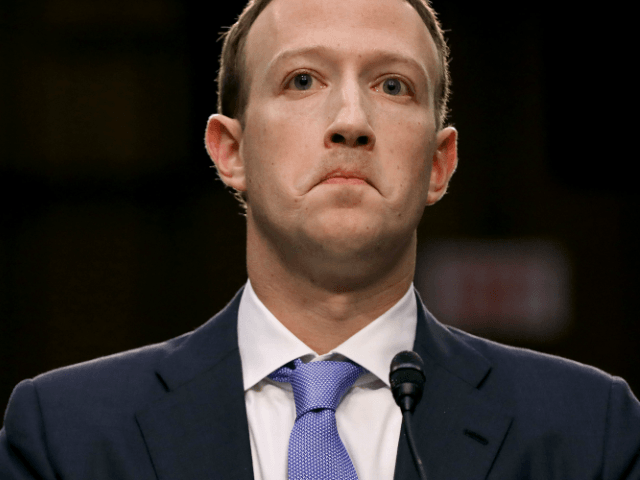In a recent article, Wired notes that as many social media platforms copy features from each other, they are all essentially become the same platform. Copying features is an effort to “juice engagement,” but the platforms lose their unique personality in the process.
In a recent article titled “All the Social Media Giants Are Becoming the Same,” Wired magazine asks the question: “Which major platform has a news feed, disappearing posts, private messaging, and a live broadcasting feature? That would be … all of them.” Wired’s point is that almost every major social media app from Facebook to Snapchat to Twitter are adopting an identical feature set, in the process losing any differentiation between them.
Wired writes:
Companies are always eyeing their competitors to see what works; that’s just market research. But copycatting on social media has led to platforms that look suspiciously similar, with fewer things that set them apart. It’s harder to know what any given platform is for when they all do the same thing. Which major platform has a news feed, disappearing posts, private messaging, and a live broadcasting feature? That would be … all of them. This sickening homogeny of social media even extends to design: every Stories replicant uses those little circles; every TikTok clone uses the swipe-up-to-scroll. The biggest differentiator is that they all call their Xeroxed features by different names, leading to the maddening vocabulary of social media.
For the companies, reproducing the same features and formats is often an attempt to juice engagement. If people spend all of their free time scrolling through TikTok, those are precious hours siphoned from Instagram, or Twitter, or Snapchat—which means less revenue from advertisers. But simply replicating a competitor’s big idea doesn’t always lead to replicating its success. “I would say we’ve never seen a great ‘lift and shift’,” says Nicole Greene, an analyst at the research firm Gartner, where she focuses on social media. When LinkedIn and Skype adopted the Stories format, it didn’t lead to tons more engagement on those platforms—just tons of eyerolls. “The better strategy would be making it even better for your platform,” says Greene, by “tailoring these experiences or optimizing it based on the way their base is engaged.”
For all the grief that Instagram got by lifting Stories from Snapchat in 2016, the format took off with the platform’s homegrown community of influencers. Snapchat had influencers too, but a different kind—DJ Khalid, not Something Navy. On Instagram, Stories enabled thousands of niche creators to interact with their fans in a new way. Today, Instagram Stories are more popular than Snapchat, and the company has added its own flair to the format.
So while major social media apps have begun to offer the same features and experiences, smaller apps are taking advantage of this by offering new and more exclusive platforms. Wired notes that the audio social network Clubhouse saw huge popularity when it launched its invite-only app earlier this year because the new experience that Clubhouse offered made it stand out from the crowd. But what happens when Facebook, Instagram, Twitter, Snapchat, or TikTok decides to launch their own version of the Clubhouse app?
Read more at Wired here.
Lucas Nolan is a reporter for Breitbart News covering issues of free speech and online censorship. Follow him on Twitter @LucasNolan or contact via secure email at the address lucasnolan@protonmail.com

COMMENTS
Please let us know if you're having issues with commenting.